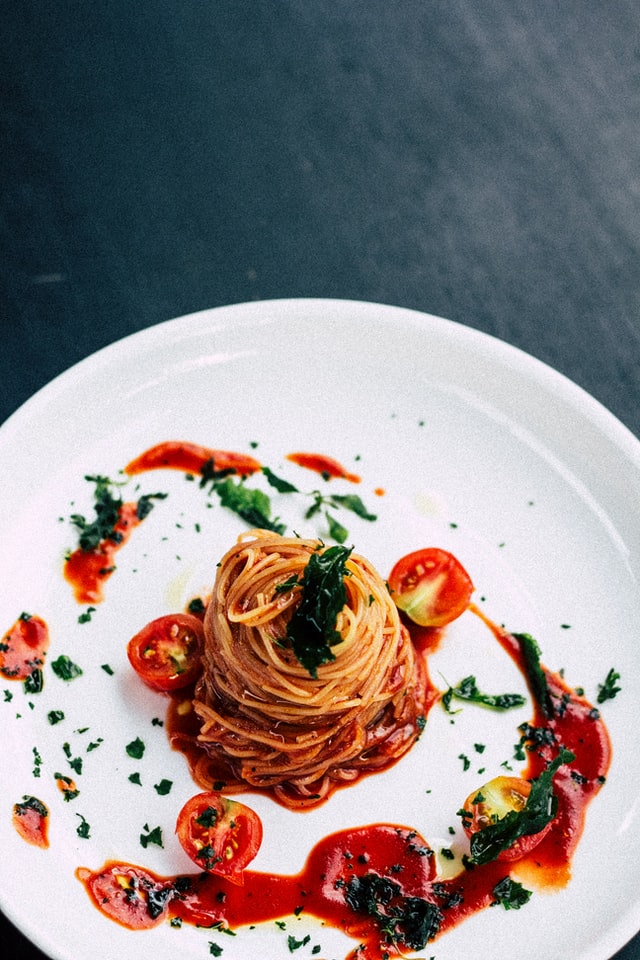Rising prices are squeezing the pockets of households amid the ‘cost of living’ crisis.
The cost of living crisis refers to the current situation whereby the costs of everyday essentials such as bills and groceries are rising faster than average household incomes.
As such, people are trying to save money around the house where they are able to, including buying less. People are looking for alternative ways to make their income go further, as well as making the most of what they may already have.
This article will outline five of the top ways in which you can try to save money on your next food shop.
- Keep track of what you already have
Prior to visiting the supermarket, or proceeding with an online grocery order, customers should always take a good look at what they already have in their kitchen.
It is always useful to cross-reference your shopping list against what you already have, as you may be spending more on duplicates that are not necessarily needed.
- Always look out for reductions first
When heading into your local supermarket, you should always try to head straight for the reduced section. This is because something that is on your list may already be in that section, meaning you have already saved money.
It is then worth heading straight to the frozen section, as well as the aisle with canned-produce. This is because both types of product typically have long shelf lives meaning that they will last longer than fresh produce. Furthermore, frozen food is almost always cheaper than the fresh alternative.
Shopping in these sections before heading to the aisles with fresh produce means that you are likely to make significant savings on your next food shop.
- Ensure that you are maximising your freezer space
Each year, households waste hundreds every year by throwing food away. An alternative measure to cut down this number is to make better use of freezer space, which can really help to cut down on waste and thus money.
For instance, items that are close to their use-by date should be frozen. In supermarkets, these items are often found in the reduced section, and so by buying them and freezing them, you are saving money instead of paying more for the fresh alternative in a different aisle. This applies to several food produce items such as milk, cheese, fruit and vegetables.
If you are unsure whether something can be frozen, always check online with the Food Standards Agency.
- Always make sure that you are reading and understanding packaging, including cooking and storage instructions
A lot of the time in the big supermarkets, the majority of fresh produce is packaged for the convenience of the supermarket staff, and transporting the goods, not actually for the consumer.
Special Advisor at Wrap, Helen White, told the BBC that there are a number of small things that we can do to make food last longer, especially fresh vegetables, which are the UK’s most wasted food group.
For instance, adding a piece of kitchen roll into an open bag of spinach or salad leaves will help to absorb moisture, and thus make it last longer.
Furthermore, it is important to check that the fridge temperature is set to below 5 degrees celsius, especially when storing fruit. White went on to tell the BBC that is believed that “millions of UK fridges are at least two degrees too warm”.
This means that milk and other fresh food produce such as fruit will go off quicker, as it is being stored at too warm a temperature.
- Make use of specialists
This tip includes butchers, fishmongers and local bakeries. Often, these specialist shops on the high street serve as a good resource when it comes to saving money on food shopping.
This is because food may be served by weight, so you will be able to tell your local butcher your exact budget. The butcher can then advise on the cheapest cuts that could help you reach a specific weight for the cheapest price, unlike pre-packaged meat bought in a larger supermarket.
Furthermore, the workers can often advise customers on the best way to cook their produce, and make it go further, which can in turn help to save money each time you shop for food.
